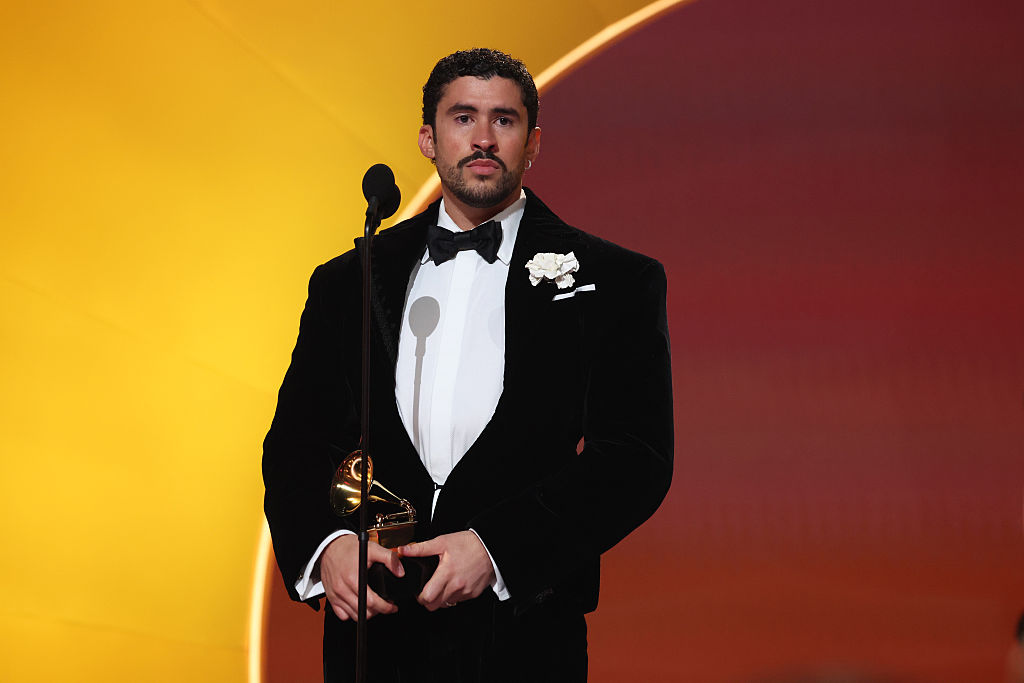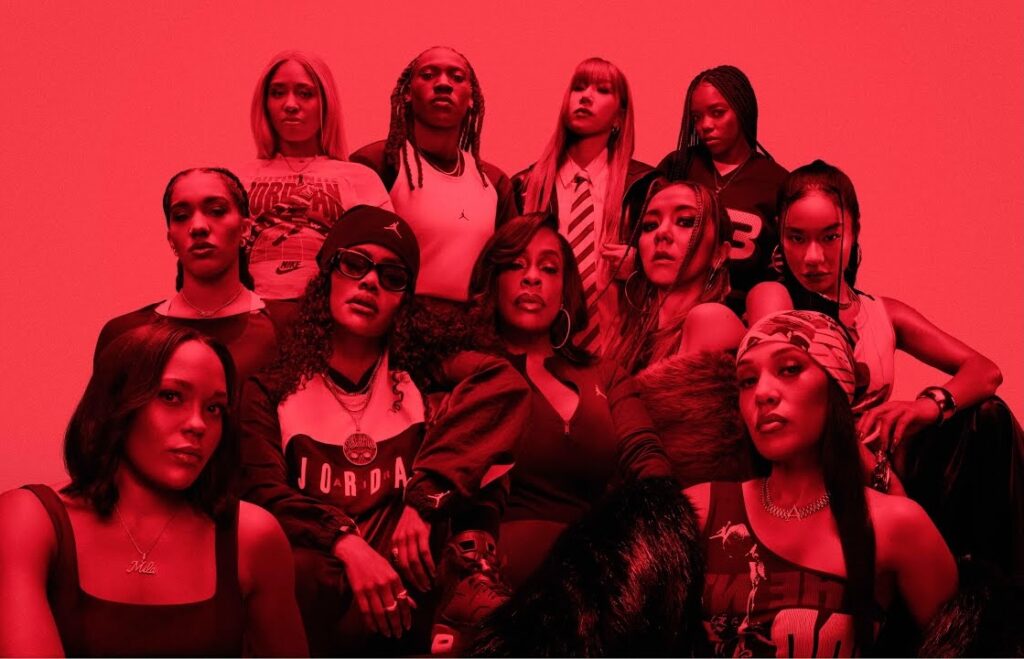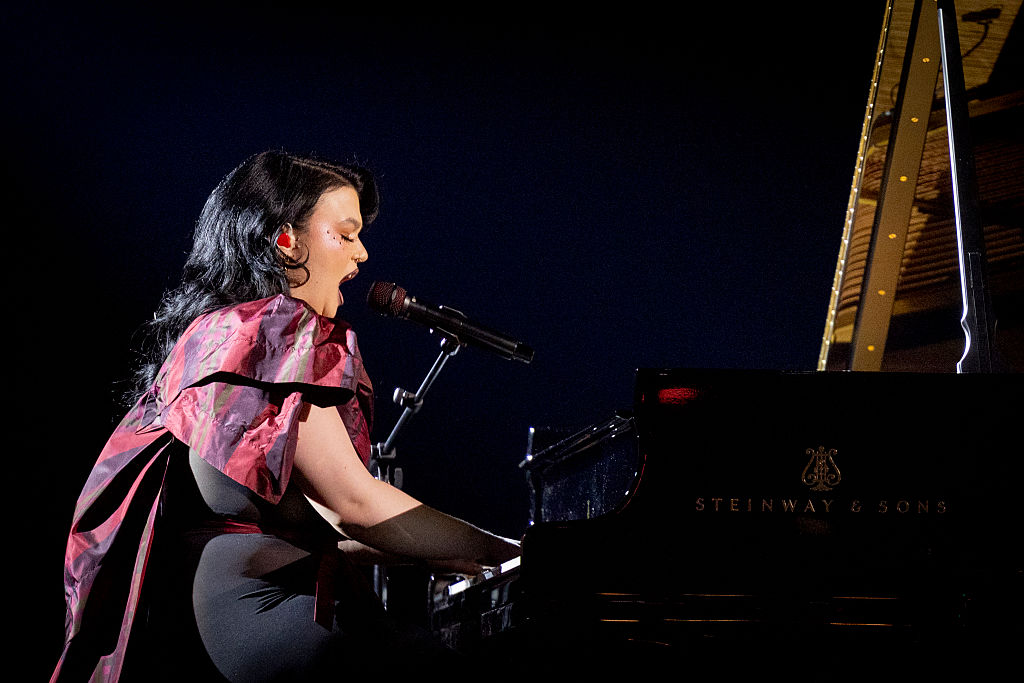Prop 8 Likely to be Overturned, Say Experts

Supreme Court arguments completed; watchers predict lower court ruling will stand
Arguments in Hollingsworth v. Perry, the case challenging the constitutionality of California’s Proposition 8, concluded before noon today with people on both sides of the issue trying to glean clues from the Justices’ comments.
At issue is whether the groups appealing the invalidation of Prop 8 by a lower court have sufficient standing to bring the case, as well as whether Prop 8 violates the guarantee of equal protection under 14th Amendment of the U.S. Constitution.
At 11:34am, SCOUTSblog tweeted, “Arguments done. #scotus won’t uphold or stricke down #prop8 bc Kennedy thinks it is too soon to rule on #ssm. #prop8 will stay invalidated.” The blog reported that Justice Anthony Kennedy, considered a swing vote between the conservative and liberal factions on the Court, seemed “VERY uncomfortable stricking down Prop 8. Kennedy suggested dismissing the case, which would leave the lower court’s pro-gay marriage ruling in place.
“The bottom line, in my opinion, is that the Court probably will not have the five votes necessary to get to any result at all, and almost certainly will not have five votes to decide the merits of whether Proposition 8 is constitutional,” wrote SCOTUSblog’s Tom Goldstein.
After arguments concluded, the plaintiffs’ lead counsel Theodore Olsen and David Boies, who appeared jubilant, described the proceedings inside the courtroom. They said the Justices asked probing questions about the intricacies of the law as well as the broader implications of the denial of civil rights to gays and lesbians. Significantly, Boies said Prop 8’s supporters offered “no attempt to defend the ban on gay and lesbian marriage. [They argued] this should be decided at the state level rather than by the federal government.”
“The Justices asked a number of thoughtful and tough questions to both sides, and it’s now in the hands of the Supreme Court. We’re all greatly encouraged that we’re within a few months of a decision on this remarkably important case,” Boies added. A ruling is expected this June.
When a reporter asked if the Court appeared ready to make a broad, sweeping ruling about the rights of gay and lesbian citizens, Olson said, “Based upon the questions the Justices asked, I have no idea.”
The attorneys indicated four ways the Court could reason. First, because the state of California declined to defend Prop 8 in court, no one would have sufficient standing to do so. Second, the Justices could dismiss the case and let the lower court ruling invalidating Prop 8 go into effect. Third, they could evaluate other states’ acknowledgment of gay and lesbian marriage rights. The broadest interpretation would have the Justices deciding “it was just wrong” to treat gays and second glass citizens, Olson said. “I don’t think you can read that much into the questions asked by the Supreme Court. I think there were a number of questions about the broad issues, which went directly to whether there should be a broad right to marriage. They’re exploring every one of the four alternatives,” Olson said.
This is a not a Democrat or Republican or conservative or liberal issue. We should treat our citizens with equality, dignity and fairness,” Olson added. “It’s about American values.”












